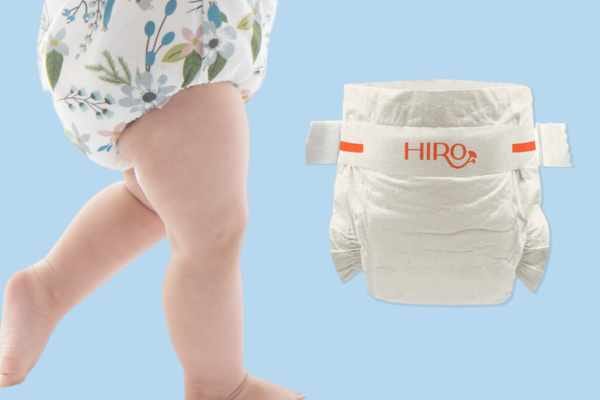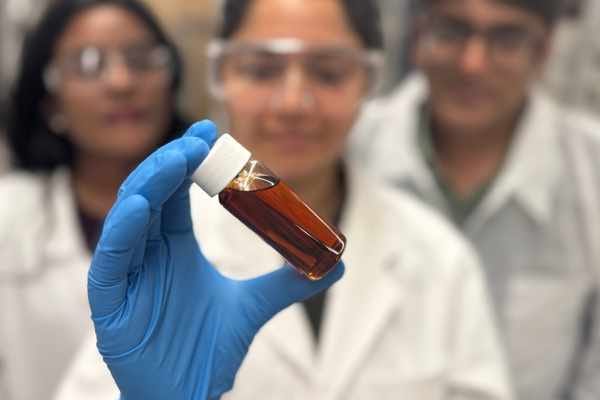A fishy solution to plastic waste
Fish scales are being repurposed into a new sustainable, biodegradable transparent plastic wrapping.

Fish scales are being repurposed into a new sustainable, biodegradable plastic wrapping.
This versatile transparent film is made from fish skin and scales and sustainable algae, and could offer a biodegradable alternative to single-use plastic packaging such as plastic bags and food wrappings.
The new film, MarinaTex, was created by UK university student Lucy Hughes in her final year of her Product Design course.
Hughes says MarinaTex is as strong, if not stronger, than LDPE which is used to make plastic bags – and because it biodegrades in soil in less than six weeks, it is well-suited to single-use packaging such as sandwich and bakery wraps. Bonus: MarinaTex is odourless.
The material, more than 100 experiments in the making, is created from all organic materials with the main components sourced from the sea – including agar from red algae and fish processing waste – specifically the fish skins and scales due to their flexibility and strength-enabling proteins. MarinaTex works only with processing plants that are part of the Sustainable Seafood Coalition.
Because MarinaTex is part comprised from a waste stream, this reduces strain on resources and diverts waste from landfill. It is also part comprised of a sea plant, a crop that does not need fresh water or fertilisers to grow and locks in carbon.
MarinaTex, which was a James Dyson Award winner last year, is now focused on gaining funding, researching mass manufacturing, gaining certifications, and fine-tuning the formula.
“It is in a very exciting time of its development. The material is still undergoing research and development and until we get test results, this is hard to call,” Hughes says.
Is it ready to roll?
MarinaTex is still undergoing research and development with hopes to be in production by 2021.
Who funds it?
MarinaTex was granted £30 of funding as the international winner of the Dyson award in 2019.





